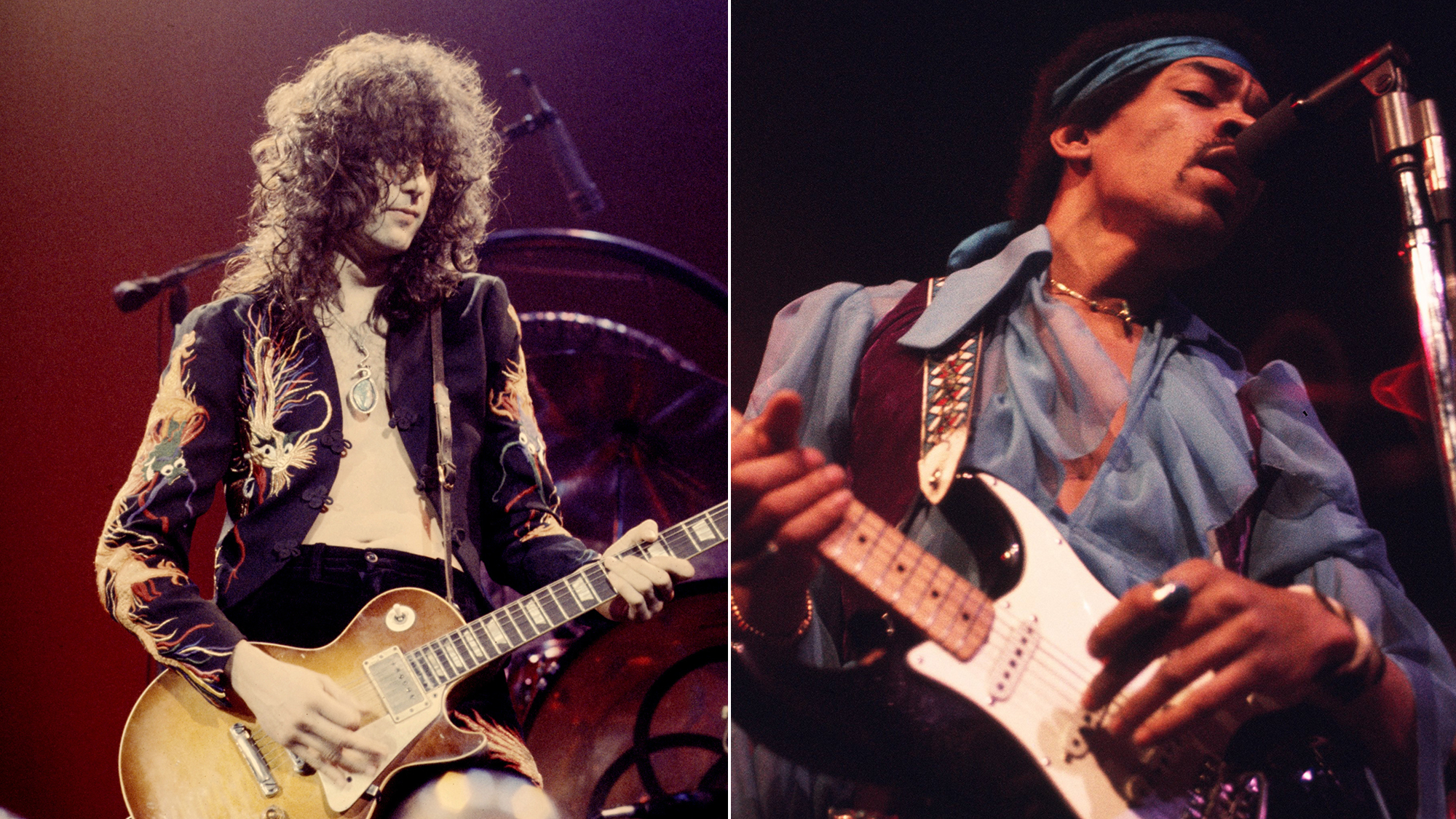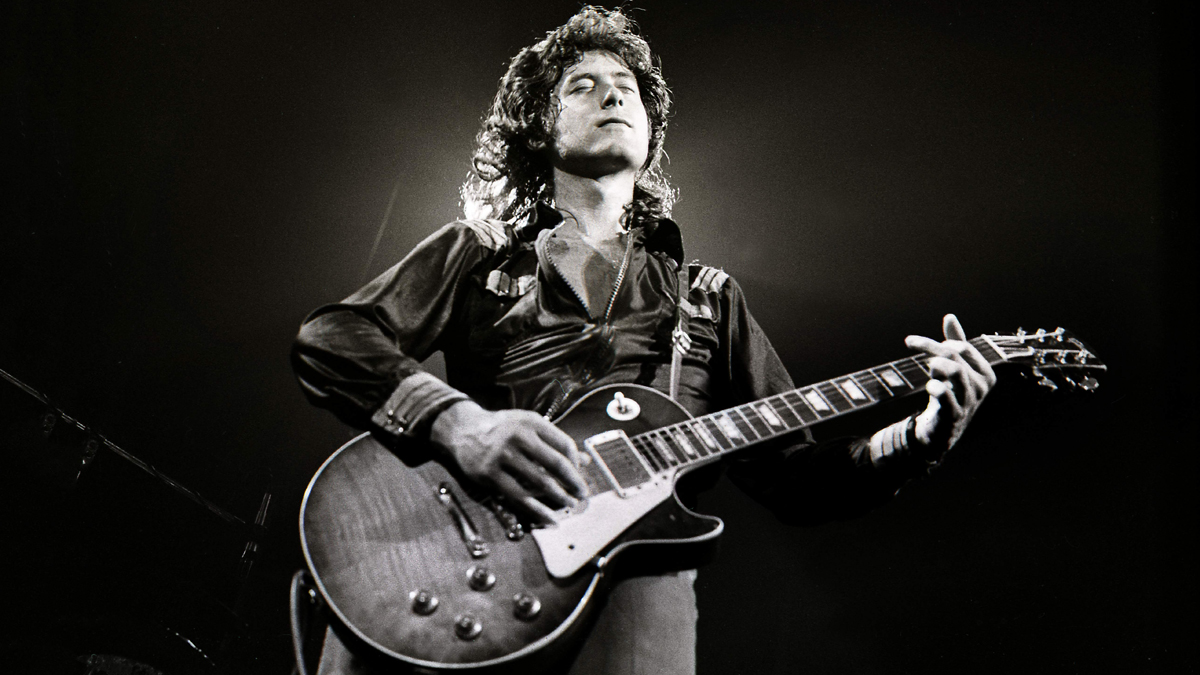
In 1968, Scottish singer-songwriter Donovan released Hurdy Gurdy Man – the influential title track of his The Hurdy Gurdy Man album from the same year, which featured the contributions of a rather high-profile session guitar player: Jimmy Page.
Page was, of course, a successful session player before he rocketed to fame with Led Zeppelin, but if things had panned out slightly differently in the late 1960s, it would have been a completely different ‘Jimmy’ who featured on the influential psychedelic rock track.
As Donovan explains in a newly resurfaced interview with Classic Rock, when he initially wrote Hurdy Gurdy Man, he actually had Jimi Hendrix in mind, and even went as far as to sound out the legendary blues rock guitar great over his availability for a potential feature.
“I saw him at [London club] the Bag O’Nails,” Donovan reflects of Hendrix. “Everyone was there: the Stones, The Beatles, The Who, the Kinks. Chas [Chandler, Hendrix’s manager] had invited everyone. And it was quite incredible. Such a superb blend of musicians.
“I didn’t see him much after that because we all went on the road and we all got famous and our paths only crossed occasionally,” he continues. “But when I wrote Hurdy Gurdy Man I thought of Jimi. I said to [producer] Mickie Most: ‘This is for Hendrix.’ And he said: ‘No it isn’t, it’s for you.’ So I said: ‘Let’s get Hendrix to play on it.’
“Mickie phoned Chas who said: ‘Jimi’s playing shows back-to-back.’ So we got Jimmy Page. And aren’t we happy about that. Because what came out of that, thanks to Jimmy, Mickie Most and John Paul Jones, was something that was pagan Celtic rock ’n’ roll, not a copy of American rock ’n’ roll.”

There is some debate over who was actually in the studio during the recording of Hurdy Gurdy Man, and while Donovan confirms Page and bassist John Paul Jones were there, there is speculation that another future Led Zeppelin member was present, too: John Bonham.
And, as Donovan once theorized to Uncut in 2008, it may well have been the Hurdy Gurdy Man session that ultimately sprang Led Zeppelin to life. After all, the band officially formed that same year, and released their debut in 1969.
“When we heard this thing that Page was doing coming out, we just said, ‘Keep playing…’” he said. “That might have been the first power-chord solo. Mickie Most's office in Oxford Street had an adjoining door to [future Led Zeppelin manager] Peter Grant’s.
“Maybe the band heard how Hurdy Gurdy Man went… 'And why are we doing sessions when we can do this?' And they became the greatest Pagan British Rock Band.”
Visit Classic Rock to read the full interview.







